Grade 6 Life Skills - THE REGION WE LIVE IN : Part 3
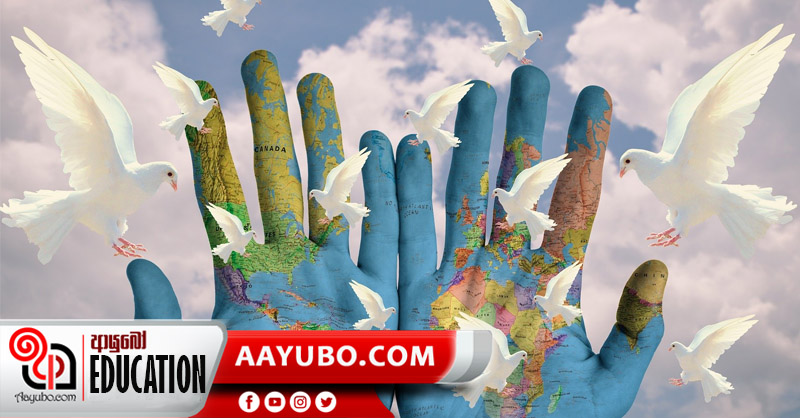
Hi Everyone! We have already learnt the importance of living co-operatively in one’s region and how it helps us to fulfill our necessities in our day today lives. In this article, we will be discussing how various individuals and organizations support the people living in a region.
We cannot live isolated in the society and as individuals, we need the support of other individuals and organizations to fulfill our needs. There are individuals who help us in various ways and we shall learn their key roles in brief.
- Grama Niladhari - The collection of the required details of the residents, confirmation of their residence, distribution of state relief among the residents, take action to curtail and eradicate illegal activities that happen within the area.
- The Public Health Inspector - Controlling the infectious diseases like dengue, ensures the health and well-being of students and public via inspections and informing them about the clinics, implementation of essential programs such as vaccination/ inoculation programs.
- The Samurdhi Officer – Coordinate and arrange the provision of relief funds, uplifting the living conditions of the people while developing the village through programs and projects.
- The Police Officer – Establishing social security within the region by protecting the law that is imposed by the government and supporting the people in the times of crisis like natural disasters.
- The Postman - Delivers the letters and the parcels to the recipients and the election cards to the residents of the area.
Both governmental and non-governmental/private organizations help to fulfill our needs in several ways.
The divisional secretariat provides the relevant services on behalf of the government such as provision of relief to the affected in the region, approval of grama seva certificates, issuance of birth certificates, identity cards and licenses like permits and transport licenses. This institution handles and coordinates the aspects regarding the pension payments.
The local government institutions like the municipal councils, urban councils and pradeshiya sabha provide us a range of services.
The Municipal Council is in charge of a municipality that covers an urbanized region in the country. This is headed by the Mayor. The municipal council is entrusted with the maintenance of streets, market and public health, street lights, playgrounds, libraries and parks. This institution also ensures that the streets are clean, repairs the water ways, removes garbage and builds public amenities.
The Urban Council covers an urbanized region that has lesser population and reduced complexity compared to that of the municipal councils. The Chairman is the head of this institution. Urban councils provide public health services, maintain public places, ensure a proper water supply and a drainage system, maintain the public buildings, streets and removes and disposes garbage while ensuring the cleanliness of the region.
The Provincial Councils cover the rural areas where they are engaged in building and maintaining roads, developing the trade centers and bathing ferries in the region, ensuring the cleanliness of roads and proper disposal of garbage in the region. The approval for constructions are given by this institution and it works towards the betterment of the residents by ensuring their welfare.
The hospital is a public institution that provides health care and treatment by a qualified staff and in government hospitals, their services do not charge any fee. Their service is available anytime of the day and the services they render to protect public health especially during the spread of epidemics, natural disasters, explosions and accidents are indeed valuable and efficient.
Sri Lanka is a multi-cultural country where harmony among people who belong to different religious and ethnic groups can be observed. The places of worship like the Buddhist temple, Hindu kovil, Christian or Roman Catholic Church and Muslim mosque can be identified in one’s area and they also provide numerous services to the public. These institutions help in the spiritual development of people and guide them to be disciplined. They play a huge role in the inculcation of moral and social values like honestly, compassion and etc. in people that eventually helps in social development. They also fulfill the religious needs required by the society in instances like marriage, bereavement, alms giving and etc. The institutions provide the necessary advice especially when conflicts and disputes occur in the society. The blessings are given in instances of personal lives of people while they lead the public activities of the area, aiming at the welfare of people and development of the area. They play a major role in addressing the requirements at a national level and take steps to ensure unity and co-existence among people who come from diverse cultural backgrounds.
The societies and associations in the region also help to fulfill the needs of people. The societies include government, non-government and voluntary societies. (Examples: Rural Development Society, Lending Society, Youth Society, Farmer Organization, Funeral Societies and etc.).They play a big role in establishing peace, goodwill and co-operation among people and taking steps to solve common issues in the area. For example, the farmer societies give necessary advice on crop cultivation, subsidies and welfare services while the rural development societies will ensure the development of the respective area.
The duties of the institutions that provide services to the general public are as follows.
We receive numerous services from the above institutions as we discussed earlier. Following are the duties of the public; the service receivers.
by Mekhala Egodawele
Photo source : Internet
590 Views
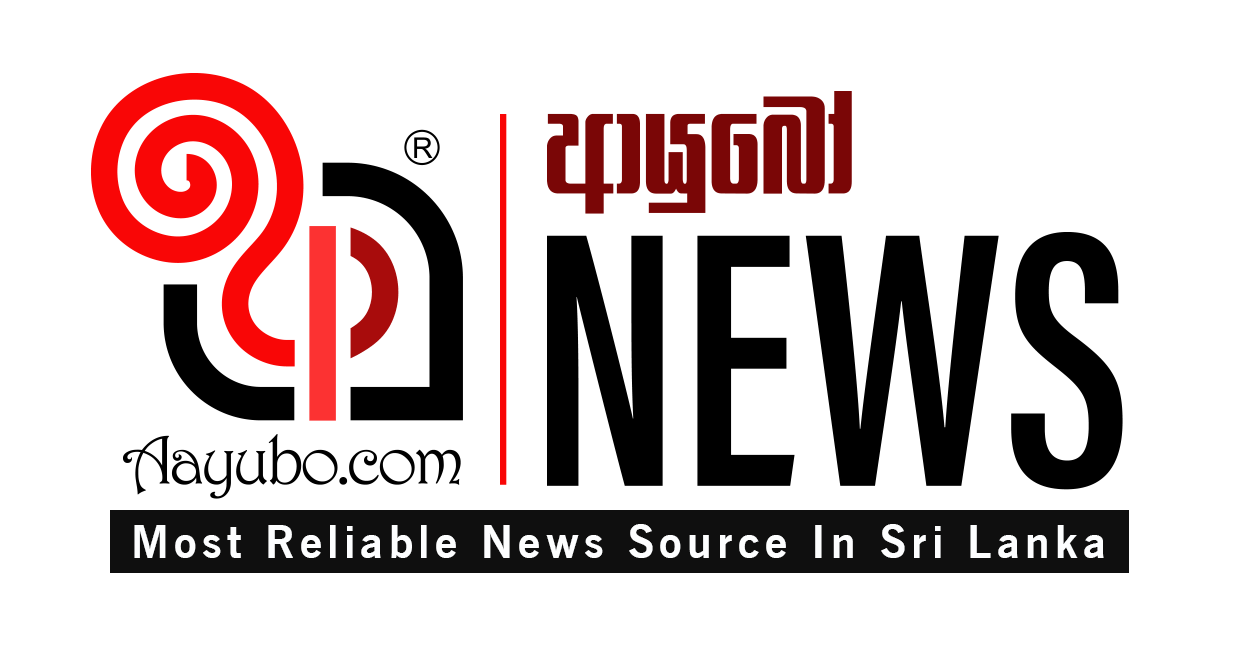

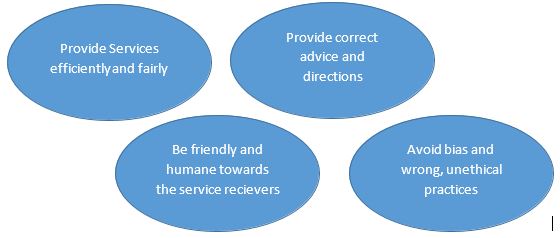
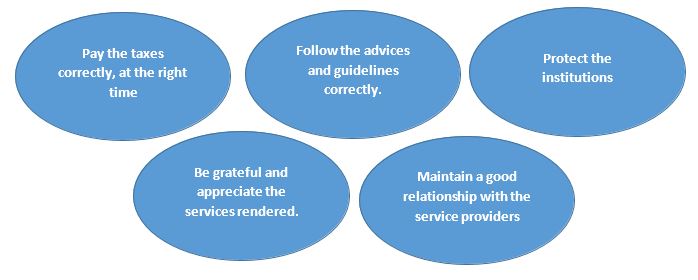
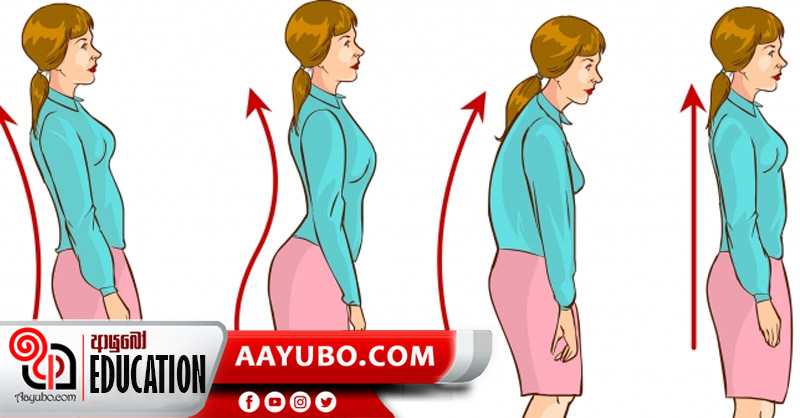

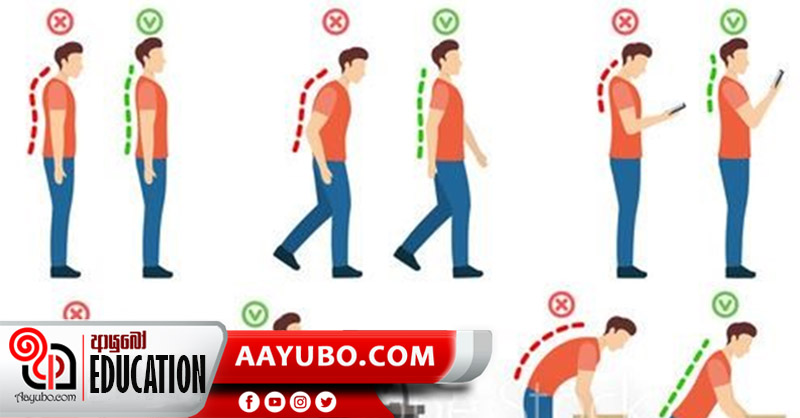

Comments